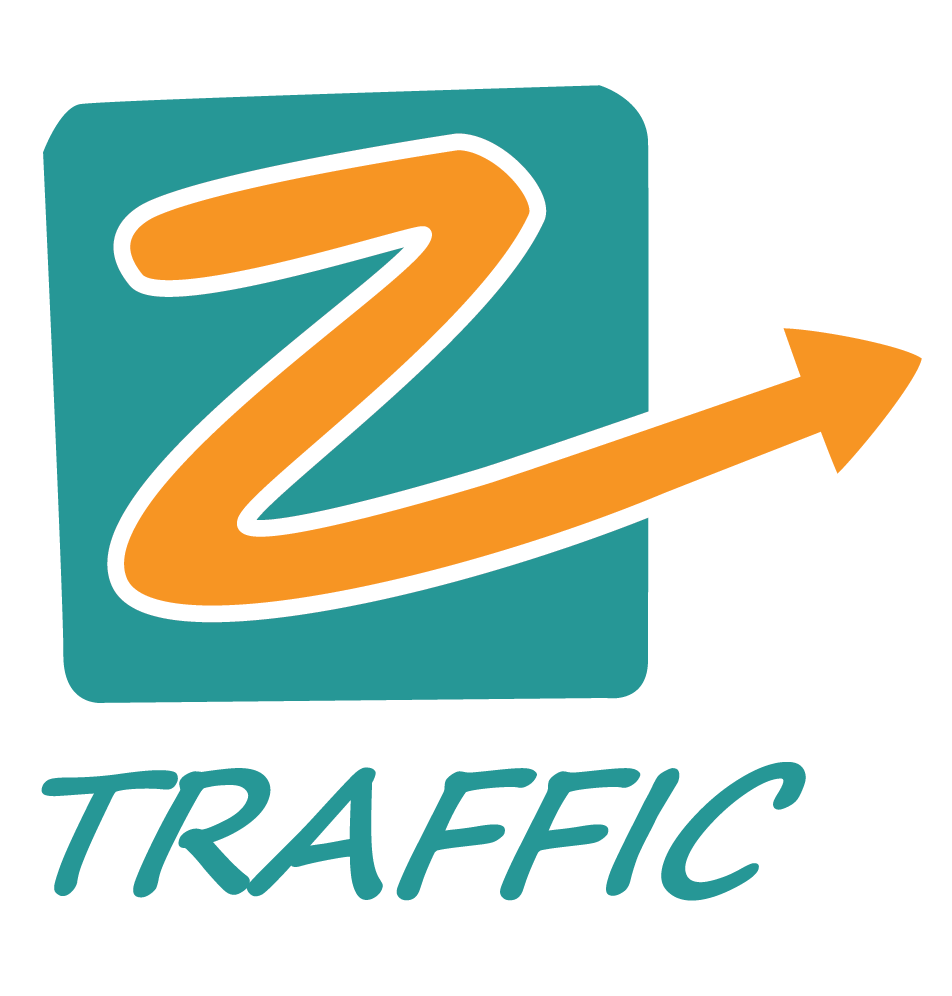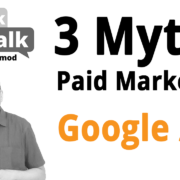3 Myths About Google AdWords Paid Marketing
Hello everyone.
In this video, we are going to bust 3 myths associated with Google’s paid advertising platform Google AdWords. Let’s get started.
Myth #1: Most businesses think that Google AdWords is the only way of promoting their business on Google.
Well, it really baffles, confuses at times and angers me about the lack of knowledge of online promotion with businesses. I don’t really blame them because the agencies, the freelancers the SEO that they have hired probably don’t educate them well. I think this education is so very crucial.
Have you heard of Organic Promotion? Have you heard of terms like SEO, SEM?
Basically, these terms are used to organically promote their business. This is so important.
Just by doing paid advertising what you can do is to probably generate leads and traffic for your business in a faster way. But will that really mean ROI for you? It’s for the second point that I will be up later. But paid advertising is not the only way to promote your business on Google.
Look at organic ways; look at ways that are more sustainable, more inexpensive than paid marketing to promote your business on Google.
Myth #2: Once I Start My Google AdWords Campaign I Am Assured Of Business.
Now, this is again a big myth. Unless your campaigns are well planned, well strategized you will be burning money for sure and this coming from my experience dealing with numerous customers who are just pouring money into Google AdWords without getting ROI and then by default method, and the maximum by 5th month, they used to come and complain oh not being able to justify the ROI that we are putting in Google AdWords and what can be done about it.
That’s when this case of what else are you doing and the question what else? What else we need to do. That’s the problem and this is where I feel like an agency, as a freelancer as an SEO working with businesses that are your primary job to educate your customer and customers on their own should also educate themselves. They should ask these questions to the agencies and SEOs. Try to understand organic methods to promote their business in the long term and use paid advertising in small ways for festivals or for a specific season that they want to target. It’s a wonderful tool in these scenarios.
Myth #3: If I don’t do paid advertising Google will never rank my website on their search.
that’s again a very big misunderstanding. Google’s organic search and Google’s paid marketing although they are closely linked, are actually not related at all in a way.
Paid advertising is a way for you to jump the organic search and show up above it so that the chances of getting click increases. That’s the way Google gets paid to get more traffic to your website.
But organic model is something that you need to build along with Google and therefore using tools like Google Console, Google Analytics putting them on a website, tracking your data, putting in right content with meta tags, etc. and keeping on promoting it organically will automatically help your website to go up, because Google has these crawlers/bots constantly crawling the web looking at web sites information and then based on what kind of searches are happening it maps and then ranks the website. This is a completely organic process.
Google is doing it on its own and that’s why the organic listings show up in Google. It has got nothing to do with paid marketing. It’s also a myth that if you are doing paid marketing you get a boost in the organic rankings that myth has been busted a long time ago.
So to summarize organic SEO for a long term paid marketing for the short term.
Use organic SEO for building long term health of your online business and use paid marketing to build muscle as and when you need. Use paid marketing very effectively when particular season’s festivals, or particular geographies or any specific opportunity that comes along the way.
That’s the way that’s a time when you can really utilize that paid marketing because paid marketing is very expensive. Organic SEO is cheaper and you can do it on a sustained basis.
Make no mistake, paid marketing will not ensure new business for you, unless it is very carefully planned and then mapped up at the back with a powerful sales-based system on your business part to address those leads.
So plan your paid marketing well, don’t rely on it 100%.
Look at other options and use organic SEO to build your websites or online businesses to a long term plan.
Share your feedback & queries in comments or email us @ business@zoomyourtraffic.com
Share, and Subscribe!!!
YouTube: https://bit.ly/2Br0GHk
Twitter: https://bit.ly/2rBRFqs
Facebook: https://bit.ly/2Lj7gnZ
Powered by:
ZoomYourTraffic Web Solutions
http://www.zoomyourbusiness.online
http://www.zoomyourtraffic.com




